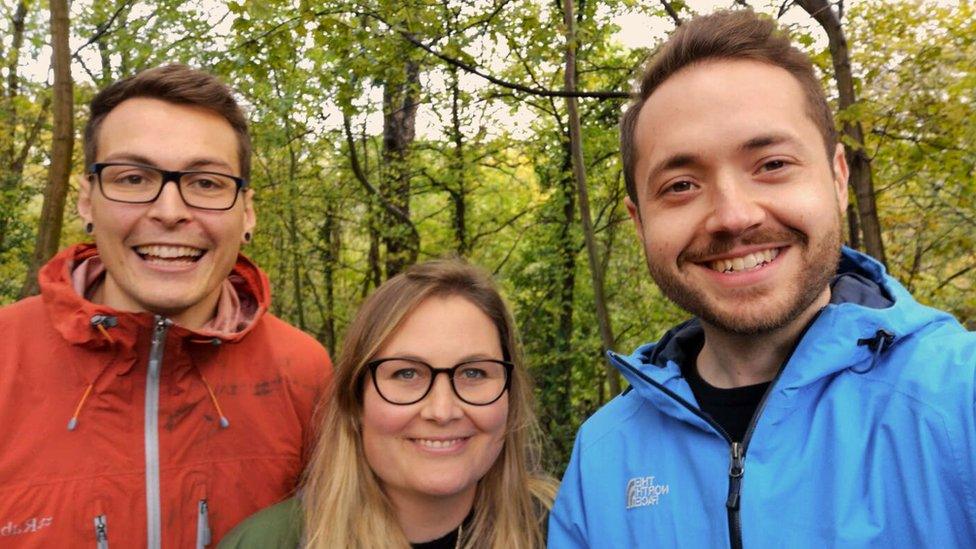Firms struggle to pay for green changes post-Covid
- Published
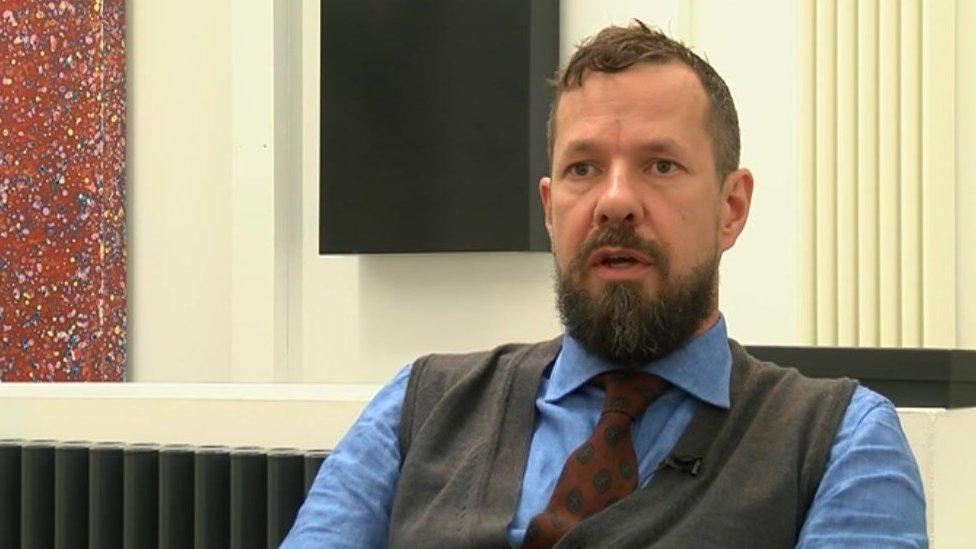
Phil Ward, managing director of Eskimo Heating in Bristol, says firms are facing an "innovation gold rush"
Most small businesses want to take action to cut climate change but are struggling to pay for it, a group says.
Hundreds of businesses across Bristol, Gloucestershire and Wiltshire said reducing their carbon footprint was a "core business issue".
But less than half have taken "significant" steps to achieve it.
A Bristol business said it wanted to install a solar system to power its factory but now can't afford to because of the coronavirus crisis.
Eskimo Design makes radiators and towel warmers in the city and plans to launch a new product fuelled by renewable energy.
Its managing director, Phil Ward, said businesses faced a "green innovation gold rush" where "serious money" can be made with eco-friendly products.
But he said: "Covid came along and instead of investing, we had to borrow lots money to get us over the hurdle of Covid.
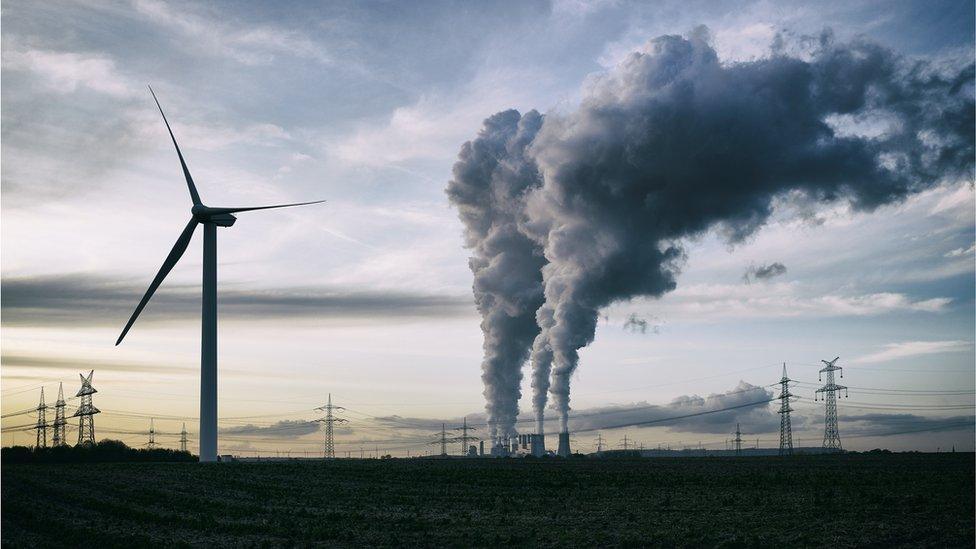
Business West's survey found most businesses want to address climate change but that many are struggling to pay for it
"Covid has had a huge impact on our ability to reduce our carbon emissions in the time that we would like to be able to do that.
"Of course we're going to do it - that's the mission - but the speed at which we can do it has been impacted by Covid, there's no doubt about that."
Business West, a not-for-profit company that helps West Country firms, surveyed 475 small businesses.
A total of 70 per cent said they thought taking action to address climate change was important but only 46% have been able to take major steps.
Of those businesses that had not, most said a shortage of finance was the main reason for delay.
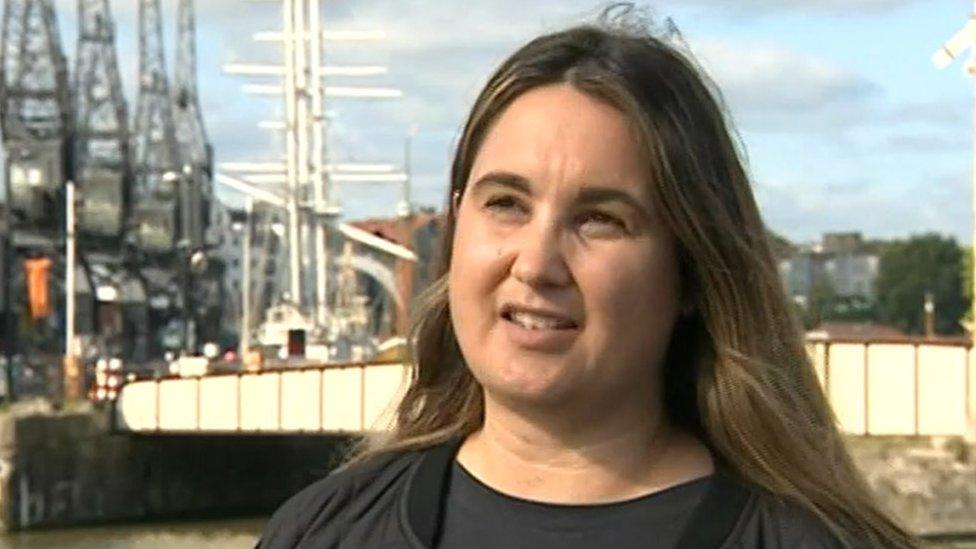
Business West's Nina Skubala said businesses should be given incentives to take the "low carbon option"
Nina Skubala, head of climate strategy at Business West, said many business face a "really tricky" dilemma but understand they must tackle their emissions.
"There needs to be a real carrot and stick. Businesses are ready, they understand the need to act," she said.
"The regulations need to alter so that it's cheaper and it makes clear business sense to go with the low carbon option."
Wendy Thompson runs an eco-friendly cleaning business and currently sells products at a zero waste store in Nailsworth, Gloucestershire.
But an expansion plan was hit when a £6,000 government grant for an electric van which she would have used for deliveries was cut down to £3,000 after the initial scheme ended in March.
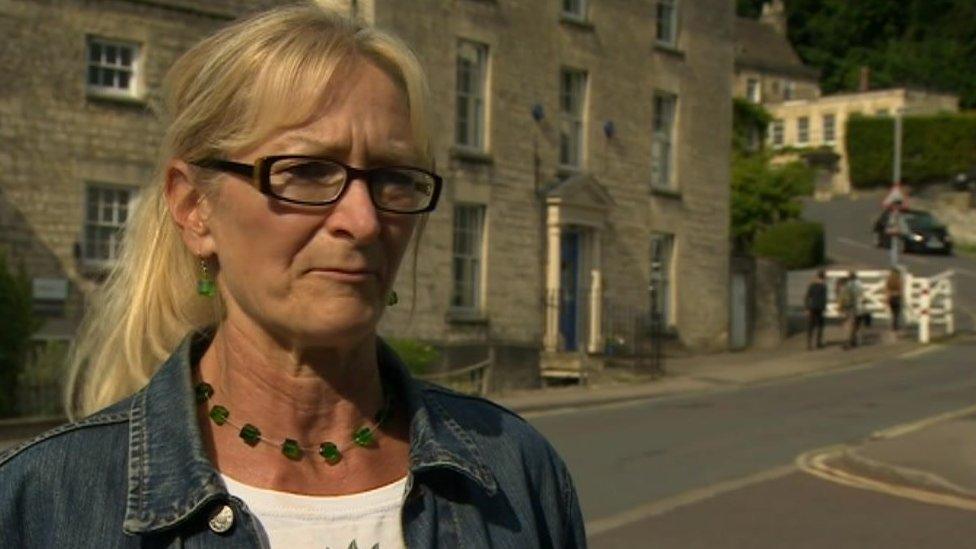
Wendy Thompson says she saw a grant to pay for a new delivery van cut earlier this year
"Back at the start of the year, that's what I was planning to do but I got a bit of a shock to find out that the grant had been reduced," she said.
"[The government] keeps coming out with these grants and stuff but it never really applies to such a small business like myself."
A government spokesperson said: "Businesses that invest in their operations can seize new opportunities, lower running costs and attract new customers - ultimately helping them to grow.
"To help businesses do that, a wide range of government support and grants are available, including programmes like funding cycle to work schemes and claiming back money spent on energy saving equipment."

Follow BBC West on Facebook, external, Twitter, external and Instagram, external. Send your story ideas to: bristol@bbc.co.uk , external
- Published29 March 2021

- Published6 August 2021
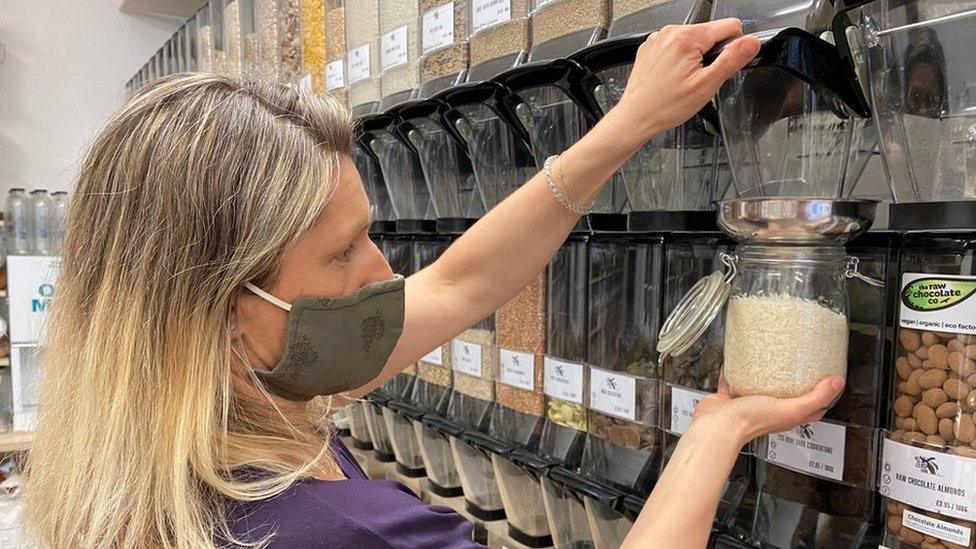
- Published17 August 2021
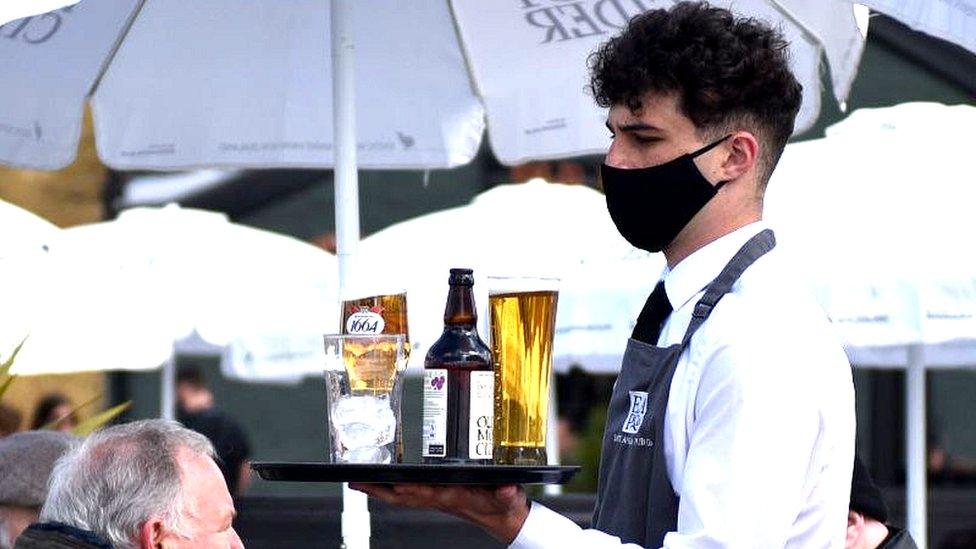
- Published7 August 2021
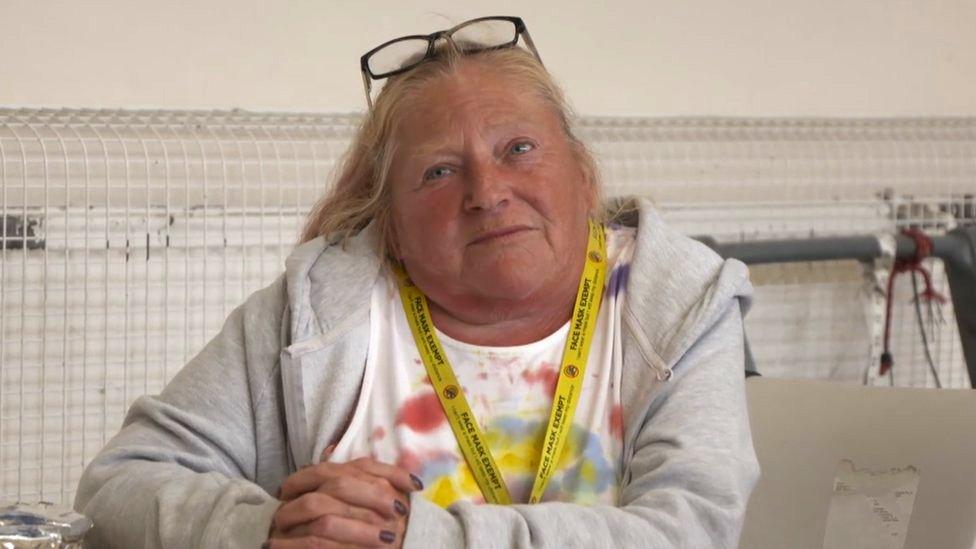
- Published23 June 2021
